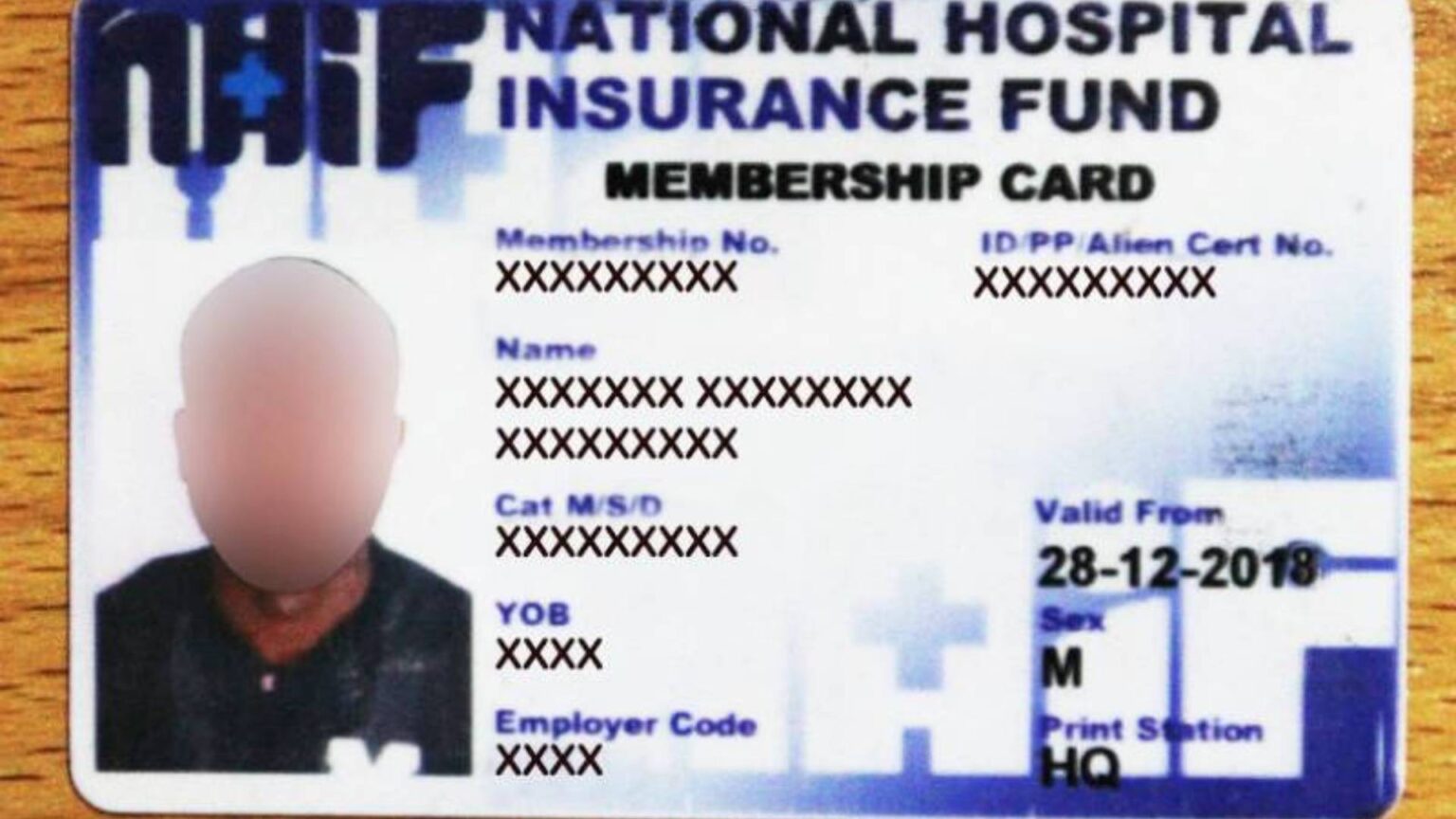The National Health Insurance Fund (NHIF) whose 60-plus decade run comes to an end this October leaves behind a troubled legacy of corruption and mismanagement that has seen cartels siphon off billions meant for patient care. Over the years, the Fund has been plagued by shocking financial irregularities, including inflated contracts, dubious loan guarantees and inexplicable overpayments to legal firms, writes ROBERT AMALEMBA
A Ksh900 million Car Park finally cost Ksh4 billion
A local construction firm entered into an agreement with NHIF to build a multi-storey car park for Ksh910 million in 2001- a figure later revised to Ksh1.2 billion, according to Auditor General’s Report in 2020.
The project began in May 2002 for completion by August 2003, but was delayed by five years until July 2008 at a staggering cost of Ksh3.3 billion.
Even after its ‘completion’ on paper, additional expenditures of Ksh627 million in 2009/2010 and Ksh4.7 million in 2010/2011 brought the total cost to Ksh4 billion, a 337% increase from the original contract.
This raised the total variation cost to Ksh3.1 billion.
The seven-story car park, with five basement levels and a capacity for 780 cars, became a symbol of inflated costs and lack of accountability.
Parliament’s Public Investments Committee (PIC) recommended a fast-tracked investigation by the Ethics and Anti-Corruption Commission (EACC), however, as of Willow Health’s investigation, no progress report had been provided by the Commission.
Sh49.5m NHIF loan guarantee left unrecovered for over two decades
In 2001, NHIF’s CEO used a Sh49.5 million deposit in Consolidated Bank as a guarantee for a loan in Euro Bank Limited, which later collapsed, according to Auditor General’s Report in 2020. The deposit, made on June 26, 2001, became the focus of the Public Investments Committee (PIC), which recommended that the then CEO and Finance Manager be held accountable for any losses related to this irregular investment. PIC urged NHIF to pursue Consolidated Bank for recovery of the Sh49.5 million. However, despite these recommendations, no action has been taken by management to recover the funds from Euro Bank or the officials concerned.
Ksh314 million loan to Moi Referral Hospital without agreement
In the year ending 2020, the Fund loaned Ksh314 million to Moi Teaching and Referral Hospital (MTRH) at an interest rate of 3% per annum, without a signed loan agreement to define the loan terms, purpose, or repayment methods, according to Auditor General’s Report in 2020.
To add to the confusion, the Fund attached an advocate’s fee of Ksh40.9 million to the loan, expecting the hospital to cover it—a condition the hospital firmly rejected. While the Fund’s management admitted the oversight, no explanation was provided on how they planned to resolve the issue or what fall back measures were in place in case the hospital defaulted.
Buying Ksh500 million software from single-sourcing
In yet another questionable deal, NHIF procured an Integrated Revenue Management System from an IT solutions firm on June 4, 2018, at a contract price of Ksh495 million, according to Auditor General’s Report in 2020.
Audit reports noted that this procurement was single-sourced, without any evidence of competitive bidding for audit verification. This violated Section 96 of the Public Procurement and Assets Disposal Act, 2015, which mandates the Accounting Officer to ensure open tender invitations are made available to all potential bidders.
Although the direct procurement method was employed, no evidence was provided to demonstrate conditions outlined in Section 91 of the Act were met. As a result, NHIF violated the law and likely failed to secure value for money on the system. Ironically, the system, intended to curb financial mismanagement, has proven ineffective if the Auditor General’s Report is any guidepost.
‘Typing error’ that cost Ksh368 million
While scrutinizing NHIF’s financial records of the year 2022/2023, the Auditor General Nancy Gathungu uncovered a staggering variance between hospital-billed amounts and claims paid. The Fund’s statement of profit or loss reflects total benefit expenses of Ksh70.9 billion for claims paid to empaneled and contracted health facilities. However, the data revealed hospitals had billed Ksh447 million, while the claims paid totaled Ksh814.9 million, leading to an unexplained discrepancy of Ksh368 million.
In a rare instance of transparency, where a response to an audit query was handed, NHIF managers acknowledged the variance, attributing it to typing errors by clerks inputting data from various schemes managed by the Fund.
Among the costliest errors were from the NHS Scheme, costing Sh206 million, Linda Mama at Sh55 million, UHC Scheme at Sh47.5 million and Edu Afya, which drained Sh24.2 million.
These expensive clerical mistakes contributed to the decision to scrap multiple schemes in favour of one centrally managed system.
Mystery of Sh12 billion unsold assets
Audit reports, including the latest from 2022/2023, show a balance of Ksh12.8 billion in property, plant, and other unserviced equipment. Despite physical verification revealing unused motor vehicles and motorcycles sitting idle in the yard, management has failed to dispose of these assets since 2019.
This failure violates Section 164(1) of the Public Procurement and Asset Disposal Act, 2015, which mandates that unserviceable or obsolete assets be reported for disposal. The audit also noted that management had not maintained or updated the fixed asset register, breaching Section 143(1) of the Public Financial Management Regulations, 2015. Furthermore, there was no evidence that the Fund had ever wilfully and thoroughly evaluated its assets to determine their true market value.
Lucky Law Firm pocketed Sh41 million instead of Sh2 million
Among the many inflated contracts that came from dealing with the soon-to-be-defunct NHIF, one law firm hit the jackpot, receiving 16 times more than it bargained for.
The 2022/2023 Auditor General’s Report revealed that NHIF incurred operating expenses amounting to Ksh2.9 billion which included legal fees of Ksh293.7 million. Of this, Ksh41 million was paid to a law firm for representing the Fund. However, according to the advocate’s remuneration order (Schedule 6), the firm was only entitled to Ksh2.4 million, leading to an unexplained overpayment of Ksh38.8 million. This lucky firm, alongside others who benefited from NHIF’s lax oversight, will surely miss the “loose cracks” that brought them easy money.





















